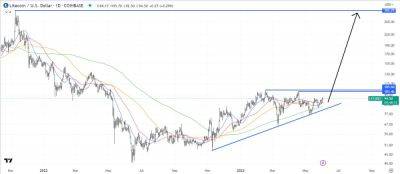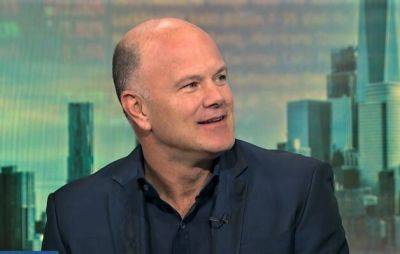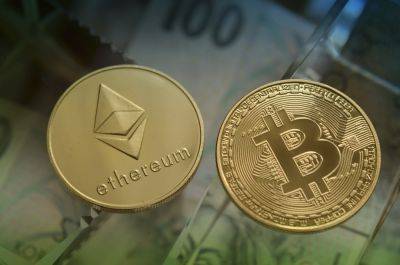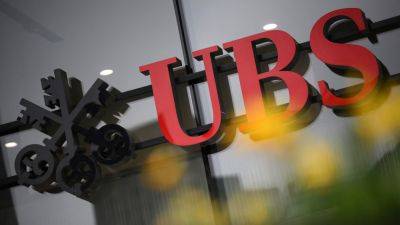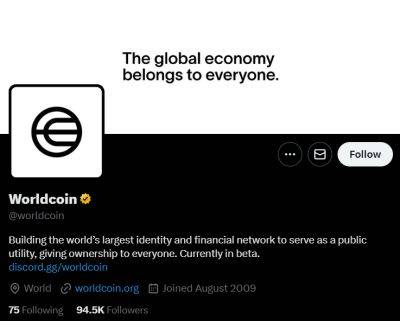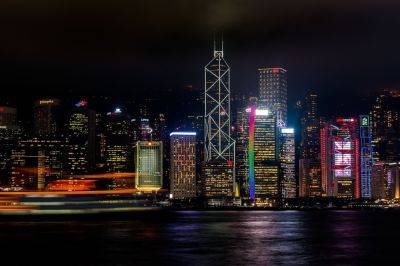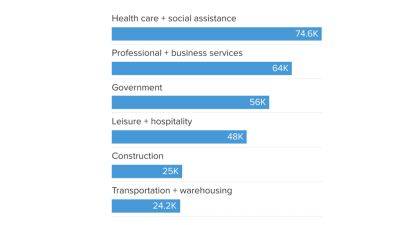‘Farming good, factory bad’, we think. When it comes to the global food crisis, it isn’t so simple
N o issue is more important, and none so shrouded in myth and wishful thinking. The way we feed ourselves is the key determinant of whether we survive this century, as no other sector is as damaging. Yet we can scarcely begin to discuss it objectively, thanks to the power of comforting illusions.
Food has the extraordinary property of turning even the most progressive people into reactionaries. People who might accept any number of social and political changes can respond with fury if you propose our diets should shift. Stranger still, there’s a gulf between ultraconservative beliefs about how we should eat and the behaviour of people who hold such beliefs. I have heard people cite a rule formulated by the food writer Michael Pollan – “Don’t eat anything your great-great-great-grandmother wouldn’t recognise as food” – while eating a diet (Thai one day, Mexican the next, Mediterranean the day after) whose range of ingredients no one’s great-great-great-grandmother would recognise, and living much the better for it.
Something is blocking us, a deep repression that stands in the way of honest conversation. It pushes food writers, celebrity chefs and some environmentalists to propose answers to the planetary crisis that are even more damaging than the problems they claim to address. Their solutions, such as pasture-fed meat, with its massive land demand , are impossible to scale without destroying remaining wild ecosystems: there is simply not enough planet. What is this inhibition and how does it arise?
It’s now a year since I published Regenesis, a book that has incited levels of fury shocking even to me. I’ve spent much of this time trying to work out what makes people so angry. I think it’s because the book challenges what
Read more on theguardian.com

 theguardian.com
theguardian.com



